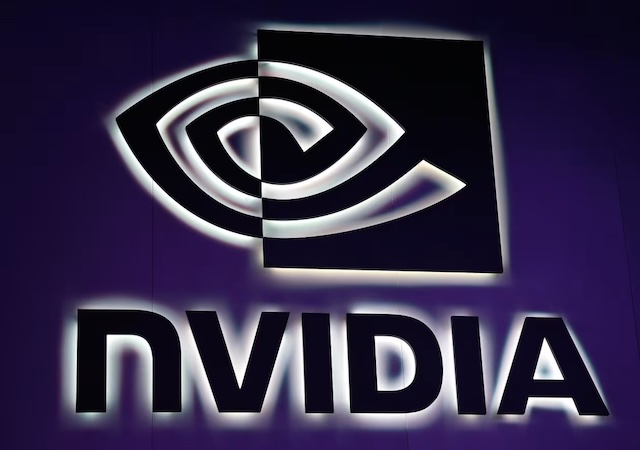November 16th, 2024
AI Agents AI Chips
At the forefront of AI innovation, NVIDIA has outlined a vision for 2025 centered on the transformative role of AI agents and systems across industries. Key advancements include AI-driven autonomous agents, specialized hardware for AI development, and enhanced platforms for simulation and deployment.
Autonomous AI Agents
NVIDIA predicts a significant impact of autonomous AI agents in workplaces by 2025. These agents, enabled by platforms like NVIDIA AI Enterprise and NeMo, will handle complex tasks such as data analysis, customer interactions, and productivity optimization. For example, AI agents are being developed for industries like financial services and telecommunications, where they will manage tasks ranging from customer service to cybersecurity .
Simulation and Physical AI
The NVIDIA Omniverse platform plays a pivotal role as a physics-based operating system, allowing developers to train and refine AI agents in virtual environments before deploying them in real-world applications. This approach is particularly critical for robotics and autonomous systems in sectors such as automotive and heavy industry .
AI-Powered Industries
AI integration is set to redefine operations in fields like healthcare, retail, and education. From personalized learning assistants at the University of Florida to advanced conversational platforms for AT&T employees, AI microservices are enabling tailored applications to improve efficiency and outcomes .
Focus on Security and Scalability
NVIDIA has introduced blueprints for AI-driven cybersecurity solutions, leveraging tools like Morpheus and NIM microservices to accelerate threat detection and mitigation. These initiatives demonstrate a commitment to scaling AI adoption while addressing critical challenges such as data governance and privacy .
Research and Collaboration
To foster AI advancements, NVIDIA is collaborating with institutions like Carnegie Mellon University and the University of Pittsburgh, focusing on robotics, autonomy, and health sciences. These partnerships aim to bridge the gap between research and commercialization, fostering innovation across academia and industry .
NVIDIA’s 2025 roadmap underscores its leadership in AI, emphasizing the importance of integrating AI agents into practical, impactful roles across various sectors. These developments hint at a future where AI systems are ubiquitous, enhancing both productivity and quality of life.